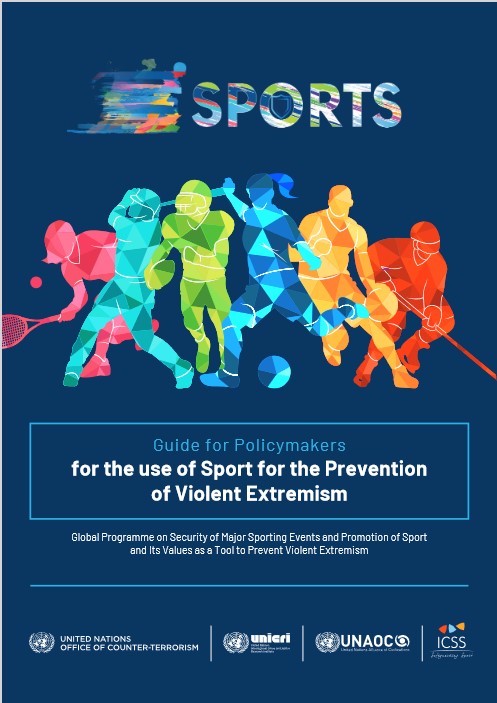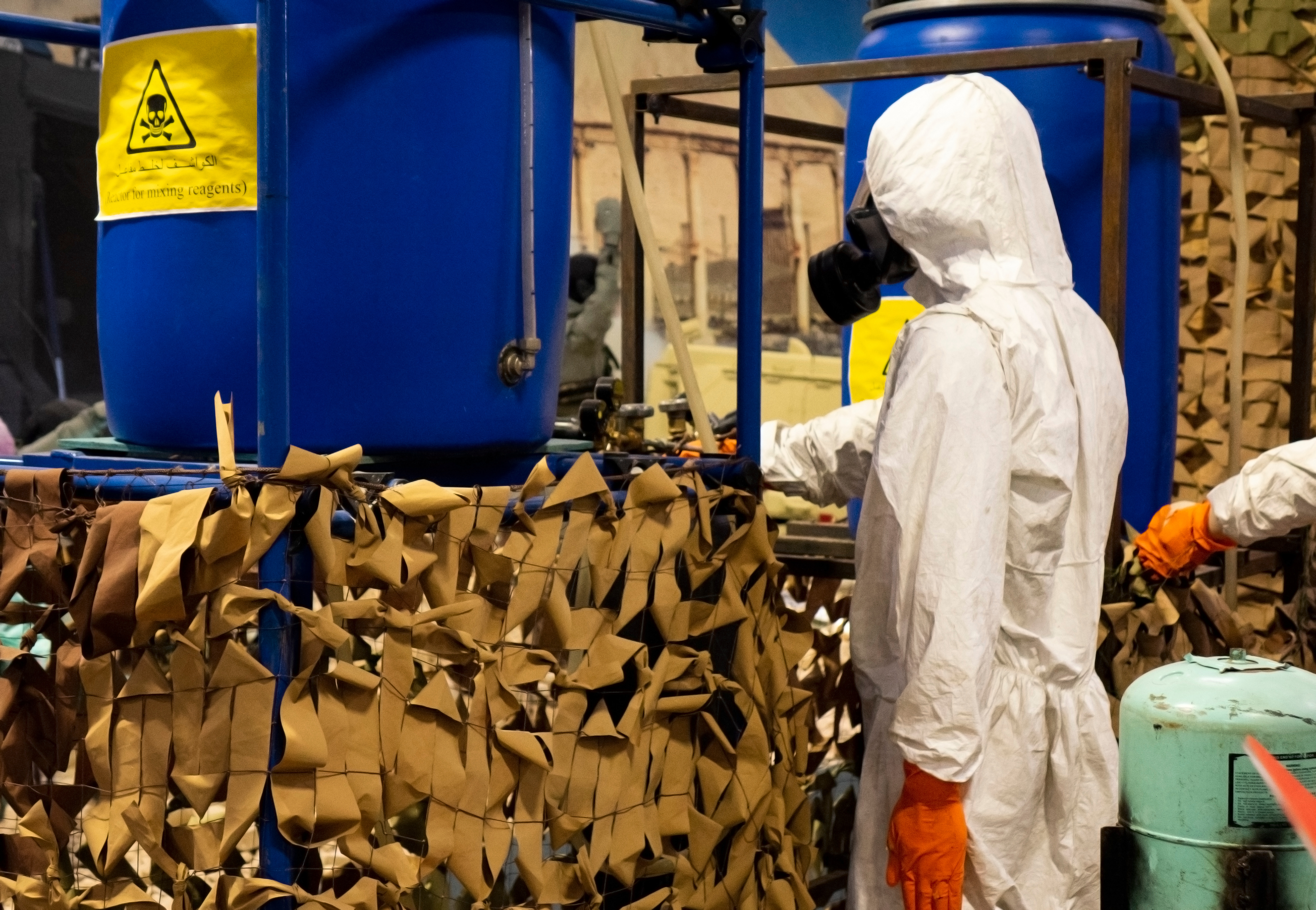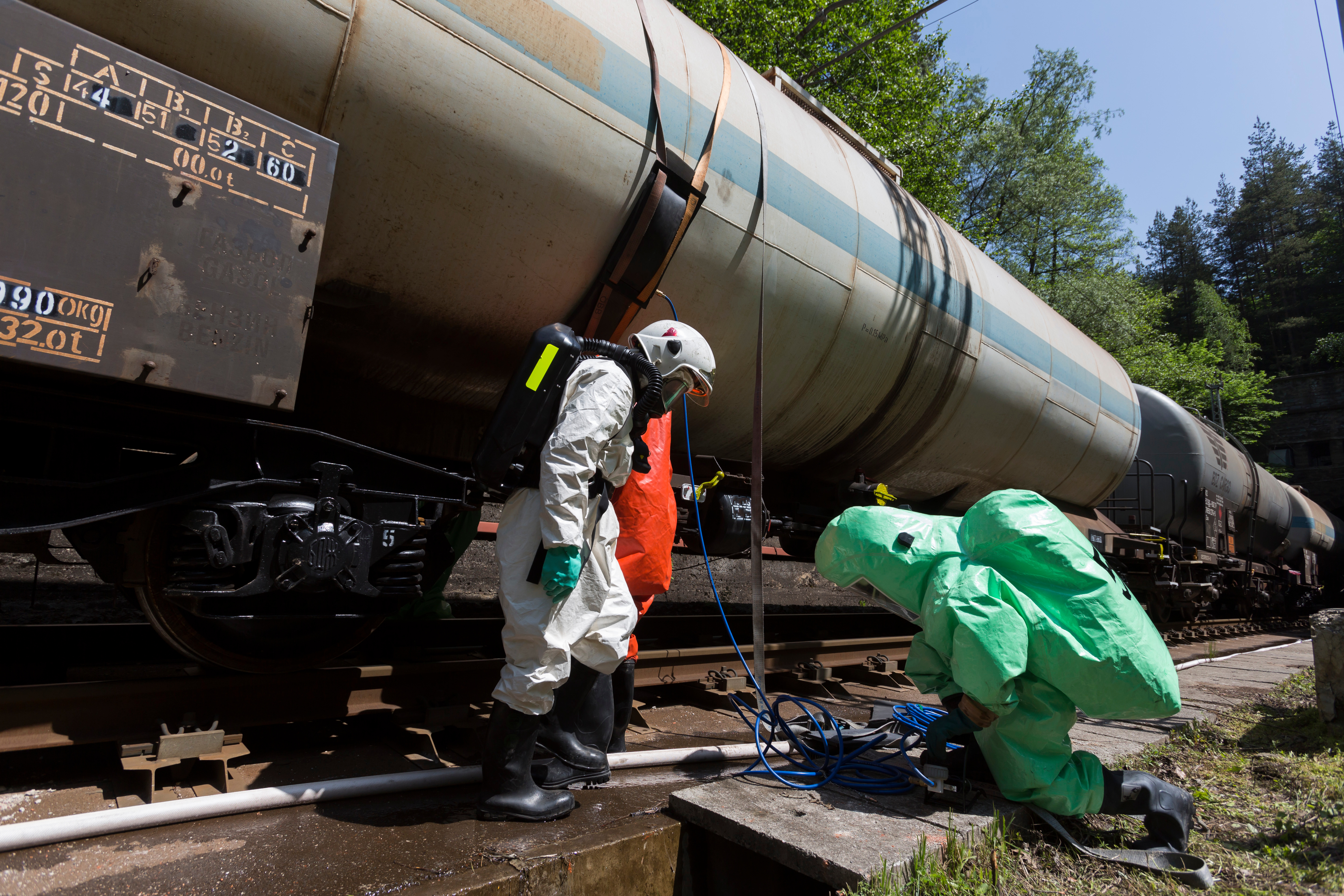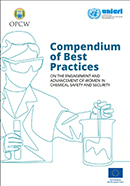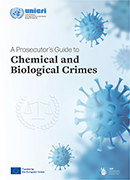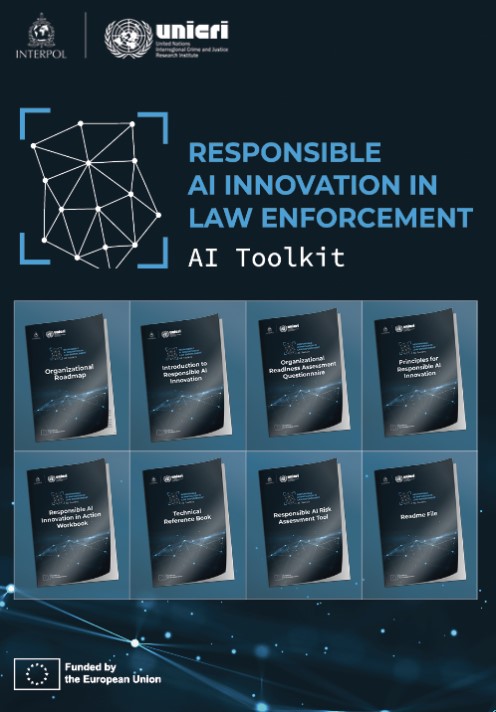Advancements in technology are happening at an exponential rate. Science, technology and innovation can play a pivotal role in development and in facilitating efforts to address issues of global concern, but they can also pose new security challenges if used for malicious purposes.
This is particularly true in the chemical, biological, radiological, and nuclear (CBRN) domain, where new technologies can offer solutions for the safer management of CBRN materials and facilities, as well as for the prevention and detection of and response to CBRN crimes. Yet, the increasing digitalization of the sector has also created new weaknesses for malicious actors to exploit and new means of committing crimes.
UNICRI’s response
The scope of UNICRI is to analyse and understand the global impact, opportunities and challenges of technological change and how these might apply in the CBRN field, including in the areas of artificial intelligence (AI) and robotics, augmented and virtual reality (AR, VR), big data analytics, data science, digital biology and biotech, nanotech and 3D printing, networks and computing systems, supply chain security and decentralized technologies such as blockchain.
UNICRI supports Member States, international organizations, the private sector, civil society, the scientific and academic community, and other relevant stakeholders to ensure that they are aware of both the risks and opportunities presented by the latest developments in science and technology in the CBRN field, including their potential contribution to the achievement of the Sustainable Development Goals of the UN 2030 Agenda.
Current initiatives and future programming
International Network on Biotechnology – The International Network on Biotechnology is a global network of academic and research institutions, nongovernmental and international organizations, and other stakeholders. Developed by UNICRI, in cooperation with the United States Federal Bureau of Investigation, the Network is committed to advancing education and raising awareness about responsible life science.
SIRIO – “Security Improvements, through Research, Technology and Innovation" (SIRIO) is UNICRI’s knowledge management centre based in Geneva. The Centre is engaging industry and research institutions (both public and private) as well as governmental and inter-governmental entities to analyse and promote knowledge and technology solutions to address emerging security risks. The main thematic areas considered by SIRIO are: supply chain security, critical infrastructures, cyber-space, as well as potential security risks related to big data analytics, biotechnology and nano-technology, and artificial intelligence.
Publications
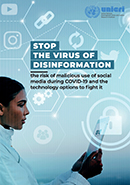 Stop the virus of disinformation: the malicious use of social media by terrorist, violent extremist and criminal groups during the COVID-19 pandemic |  Technology and Security:
Countering Criminal Infiltrations
in the Legitimate Supply Chain | 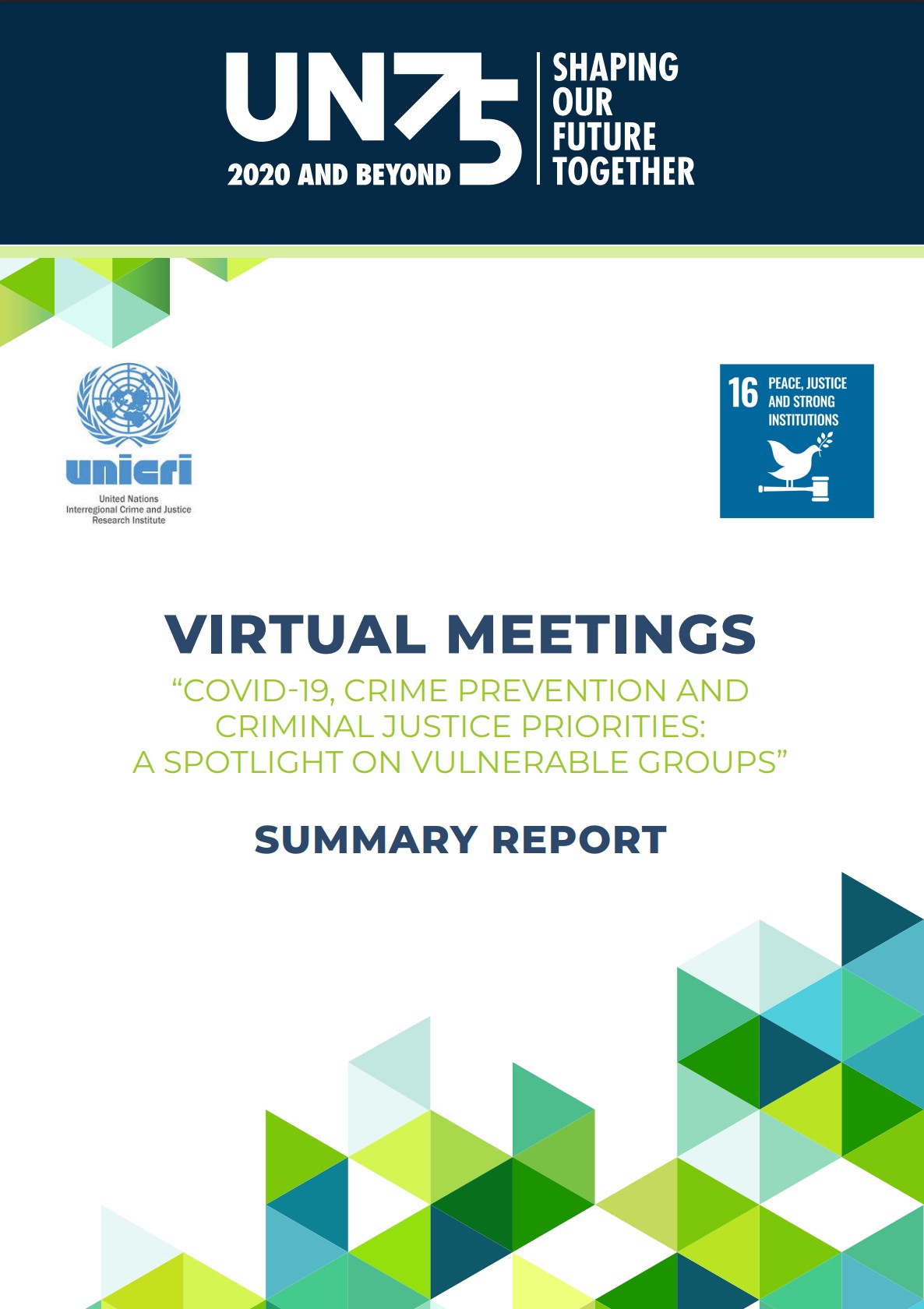 Summary report on UNICRI’s virtual meetings “COVID-19, crime prevention and criminal justice priorities: A spotlight on vulnerable groups |
Further information
For general information concerning the implementation of these projects, please consult the linked pages below.
Related news
Launch of the Report "Advances in Science and Technology to Combat Weapons of Mass Destruction (WMD) Terrorism"
Technology and Security: Countering Criminal Infiltrations in the Legitimate Supply Chain
Innovative ideas to address counterfeiting and criminal infiltration in the supply chain Deadline: 29 February 2020
Protecting the supply chain security by monitoring and combating food fraud and food counterfeiting
Virtual meeting on supply chain security and trafficking of precious metals
Virtual meeting on Supply chain security and food fraud
Expert Workshop on the Supply Chain Security
Security through Research, Technology and Innovation (SIRIO). UNICRI and SICPA sign a new agreement.
Security Improvements through research, technology and innovation (SIRIO). Identification of emerging security risks in biotechnology
The International Network on Biotechnology (INB) discussed about COVID-19 disinformation on social media
Virtual Meeting of the International Network on Biotechnology




